“We do not see nature with our eyes, but with our understandings and our hearts.”
― William Hazlitt
Soho is quiet this morning. Subdued, people on their way to work, starting their day. William Hazlitt’s house stands here on Frith Street as it has for over 300 years. A hotel now, and as gently welcoming as ever, I drop off my bag and head out to breakfast.
I turn 60 in a few days, which I find, for the first time, a bit baffling. Other such landmarks have passed easily. But having only recently begun to feel more man than boy, it seems unfair to suddenly be at an age which, if not old, is getting pretty damn close.
I take a breath and let the morning streets blow it all away.
So what to do on a jet-lagged morning in London? A haircut of course. At The Feel. It’s better than it sounds. All tattooed, gender-fluid friendliness. Amy and I have a lovely talk as she trims my little bit of hair back to something approaching whatever level of attractive I’m able to muster these days. She assures me I do not look like a mechanical engineer with a libertarian bent and we part friends.
Because I’m sharp about these things, after 38 years I have just sorted out that The Tate Britain is known for it’s collection of paintings by JMW Turner, whose work I love . And so, freshly shorn, I head off in the direction of Pimlico, only to find that the Turners are being rehung and will be unavailable until March. There are three minor works which I dutifully track down, taking in as I go the vast panoply of British Art from Tudor portraits (Which are hilarious! All haughty matrons, with bosoms about to tumble over their bodices, and pale, weaselly men with unfortunate moustaches and a martial stance, staring down history in their vivid silk pant suits) all the way through to the present day. Enlightened and amused, I head for the St. George Tavern, the nearby local of one Mr. Ian Nairn, the most erudite and opinionated of London guidebook authors.
Pimlico, which I remember as the grim bit behind Victoria, is, in fact, delightful. The St. George is not. Braced for disappointment going in, Ian Nairn being long dead and more than a bit of an alcoholic, I am still surprised. I doubt Mr. Nairn would have recognized the place. Bland and listless, it now has all the charm of a highway rest stop. So with a nod to the man, I catch the first train back to Soho and make a beeline for The Blue Posts in Berwick Street.
Formerly run by the mother of Suggs, the lead singer for Madness, this pub had intimidated me. I feared I might not be cool enough. But not a bit of it. The Jam blasting as I walk through the door, it is a lovely, unpretentious little place. No TV. No games, no food. Just a room full of happy people mooching off early on a Friday to talk, drink and laugh. Eurythmics, Abba, the hum of conversation as people come, go, and return again. It’s a bit of a dance, and I stay for the length of my beer, letting the bonhomie both warm and settle me. And then, giving in to the fatigue, I wend my way back to Hazlitt’s for a much needed nap.
***
Vasco & Piero’s is all but empty this early evening. Tucked away on quiet street, I have it almost to myself.
Stephanie, a kindred spirit from New York, is my waiter; but tonight she is also my friend, with generous pours of her favorite wine, delicious recommendations and an introduction to the family at the next table, whose son, Jack, is a musical theatre nerd par excellence. They have just returned from New York, six shows in seven days, and Jack wants to tell me everything. And, as the food arrives, I want to hear it. So, as I work my way through the tagliatelle, the lamb chops and both the panettone (which I ordered) and the Tiramisu (a surprise from Stephanie), he unleashes his pent up knowledge of all things theatrical and I have, for a time, a family.
Saying our goodnights, they head off to a show. I should go back to the hotel, but it’s early, the pubs are still open, and I’m curious.
***
The Red Lion is only a short walk away. Having read that butlers were known to drink there, I had, on my last trip, left behind the raucous streets of Soho and Picadilly for the soothing environs of St. James, where, of an evening, the tourists fall away and the world grows quiet. Turning into Crown Passage, a narrow alley across from the Palace, I had found the small but pleasantly busy pub where I met Dave, a dapper gentlemen of a certain age who was more than eager to regale an American with stories of his life and country. Pleased to have been so quickly welcomed, it took me a few minutes to realize that Dave was very drunk. But, he was indeed in service to the royal family, having worked as a gameskeeper. And while his stories initially focused on his military career, knowledge of hunting and numerous grandchildren, this soon lead to his concerns about Muslims. As the room grew quiet he proceeded to rant about Sharia law, get snappish when asked to pay for the beer he’d bought me, and then disappear into the night at a speed surprising for someone about to fall down.
The next day I saw him on TV, helping Prince Phillip into his car.
I had met, if not a butler, then a body man to the husband of the Queen. And as disturbing as the evening had been, it was also fascinating, for although he engendered little love, everyone seemed to know Dave. And amongst those who quietly nay-sayed his assertions, I realized I was likely sitting in a group of people who all worked in some capacity for the royal family, but who, mindful of their jobs, and far less drunk, were more discreet.
These folks are not about tonight. There is no gossip to be had about Harry and Meghan or the death of the Queen. Instead I share the room with a posh trio; an attractive young woman and two young men, one of whom is working very hard to appear both brilliant and disinterested. Astonished by his friend’s continued attraction to Hugh Grant and Colin Firth, he hovers over her, his receding blond hair flopping about as he dismisses both actors with a little mime involving a bent back and a cane.
“But you know who is attractive,” he parries, “Salma Hayek!”
“Salmon eye-hook?” queries the young lady.
“Salma Hayek!” he corrects her. “I would kill a child to sleep with her.”
And the conversation grinds to a halt.
“Oh, come on!” he brays, “Not my child!”
And it is time to go.
***
There’s a freshness to the night air, and turning into St. James Square, I am stopped by the beauty. The proportions of the buildings are strikingly grand; the tall arched windows gently aglow, highlighting the people within. Evening gowns and tuxedos blur the edges of time to create a painting in motion.
Continuing up St. James Street it happens again. Another row of majestic windows framing a champagne toast beneath a portrait of Churchill. I step over to read the plaque. The Carlton Club. Members only for Tory peers, MPs and gentlemen. Original home to the Conservative Party.
I step back for another look and a man with a sleeping bag over his shoulder asks if I can spare some change. He’s trying to get a place to sleep for the night. I give him some money and we part ways.
I walk these streets a few minutes more, drawn by the beauty. But there is an emptiness to it. An ostentation that rankles.
I head back through Piccadilly and into Soho, up Broadwick Street, past the Blue Posts and through the crowded lanes and alleys to Hazlitt’s, where I pick up my key, climb the four flights of off-kilter steps and make my way to bed, cracking the window just enough to feel the breeze and hear the comforting hum of the people below.

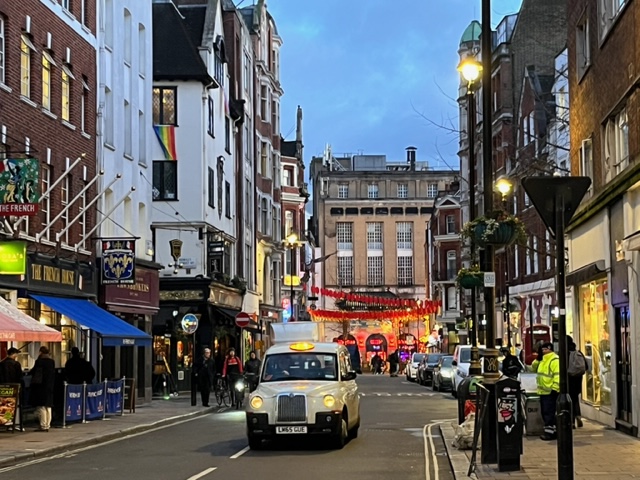



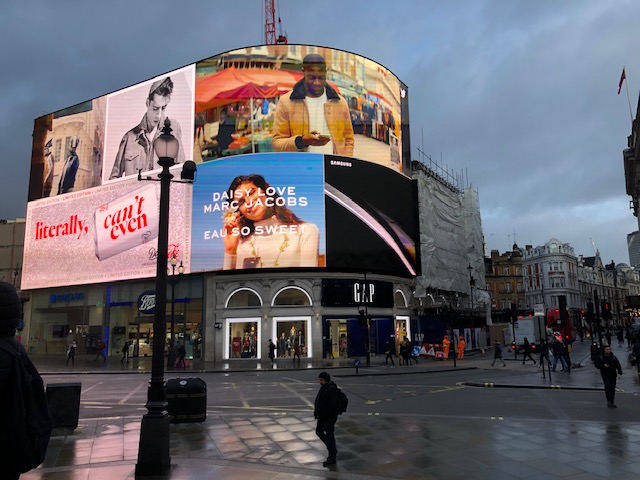

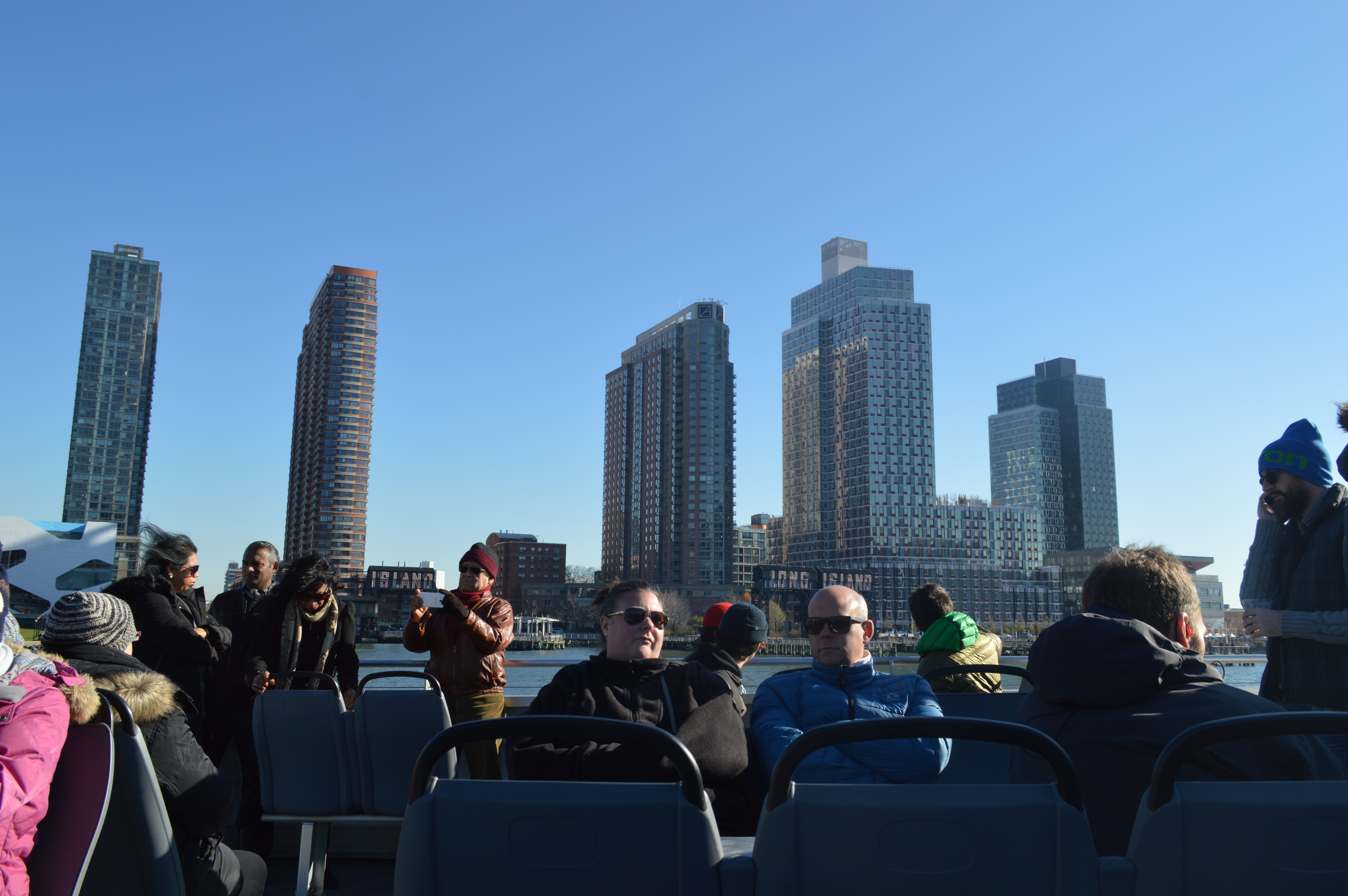


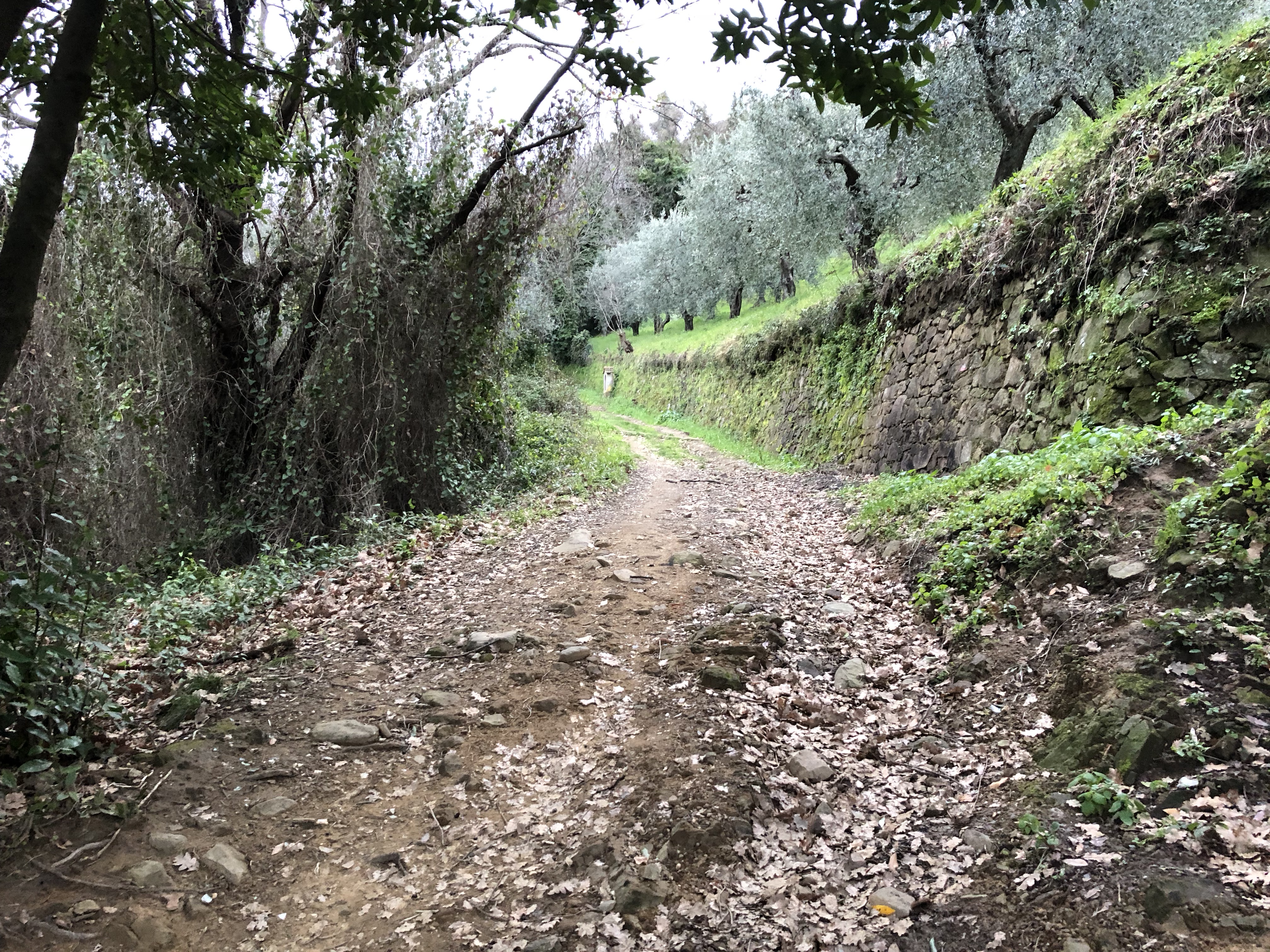

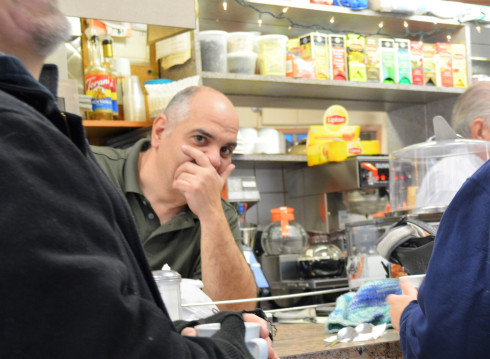

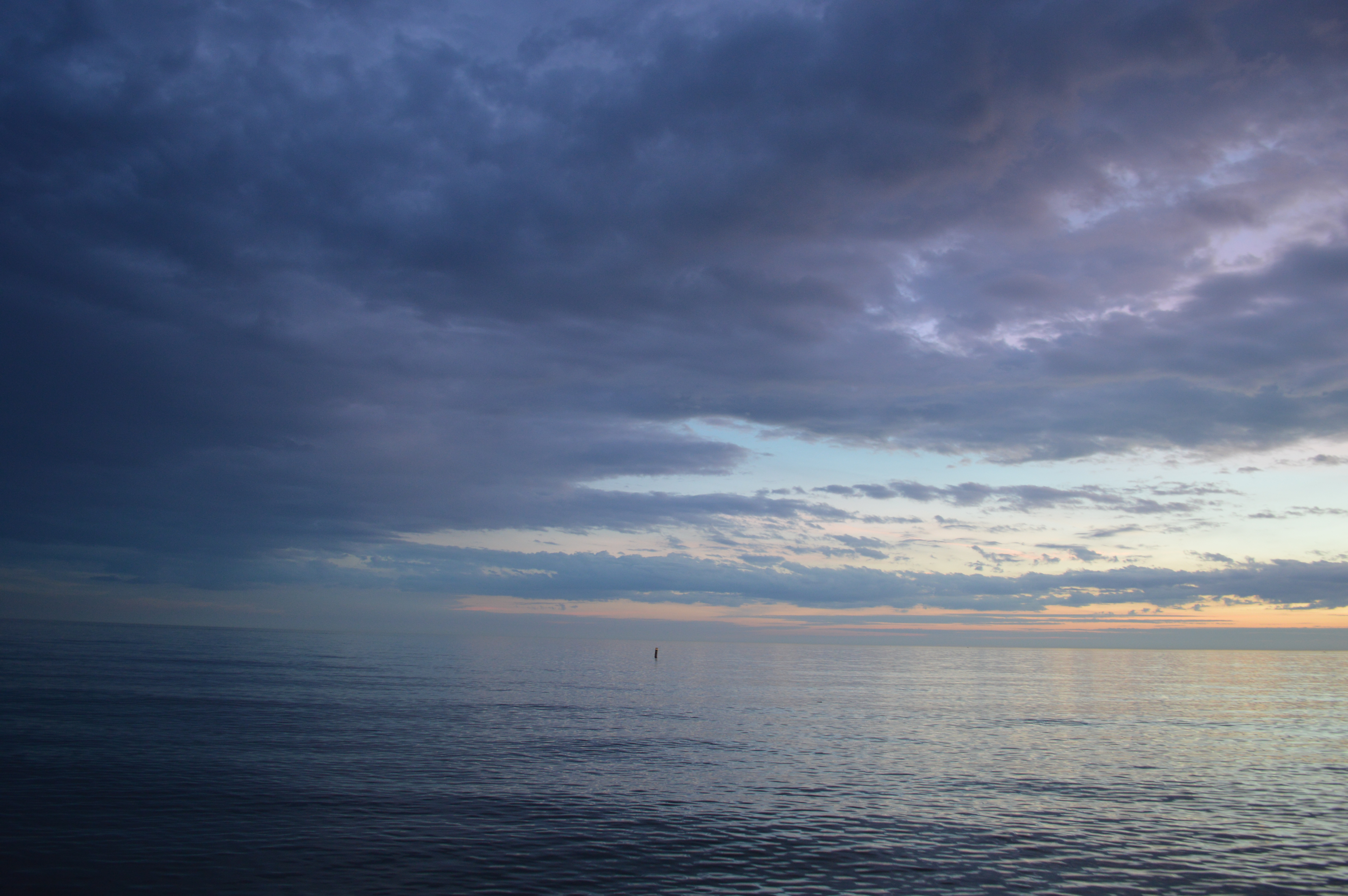
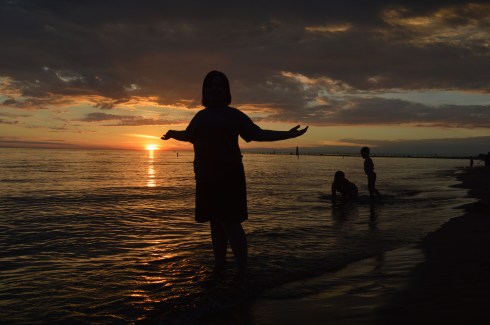
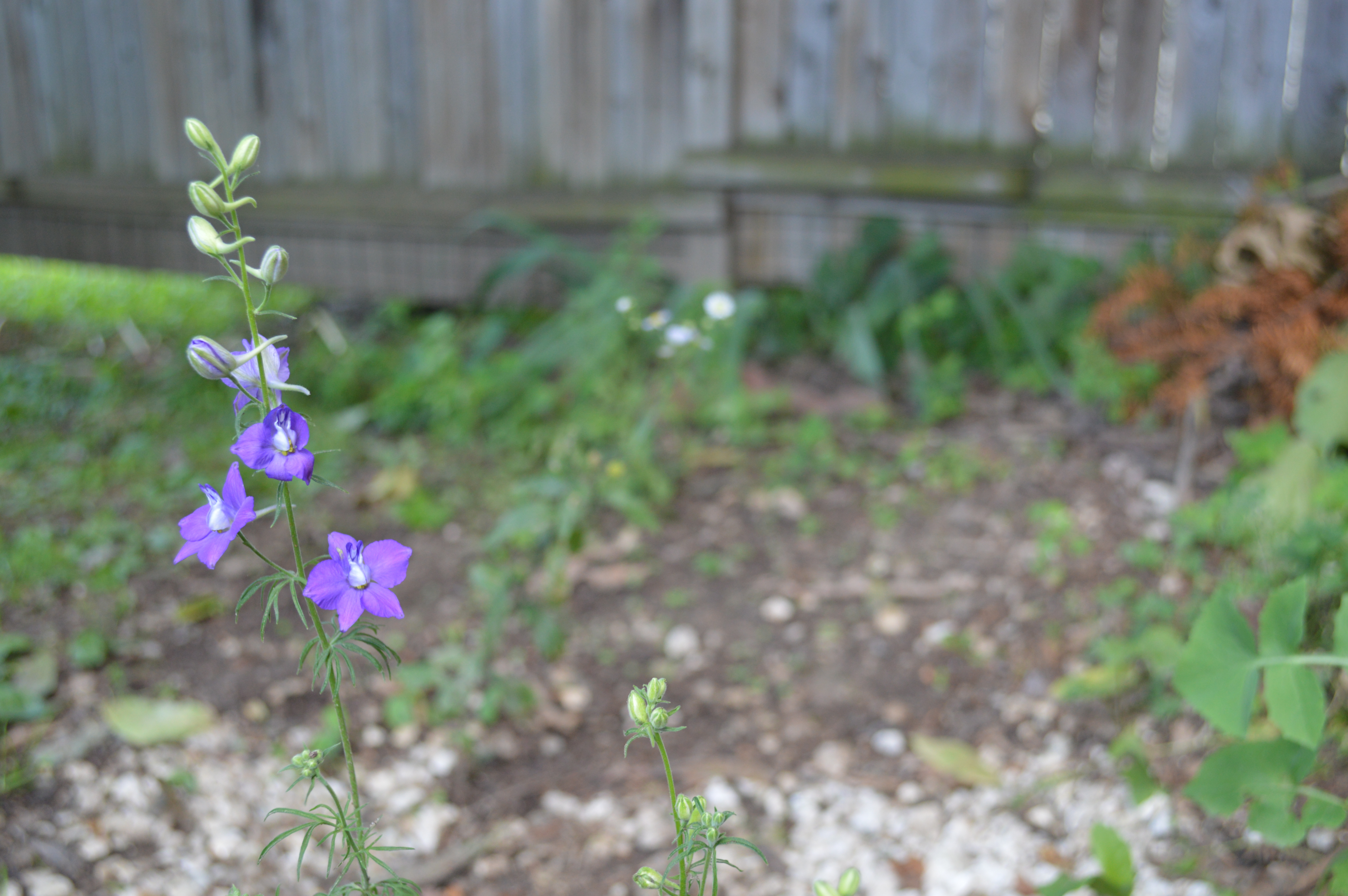
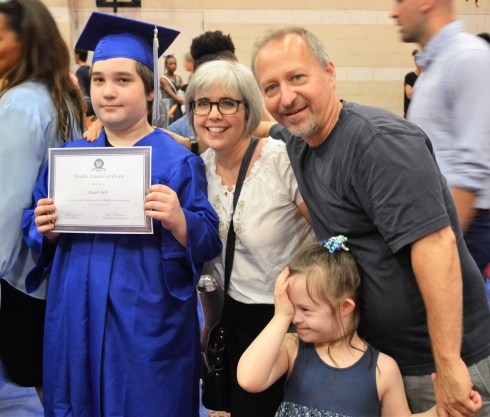


Recent Comments